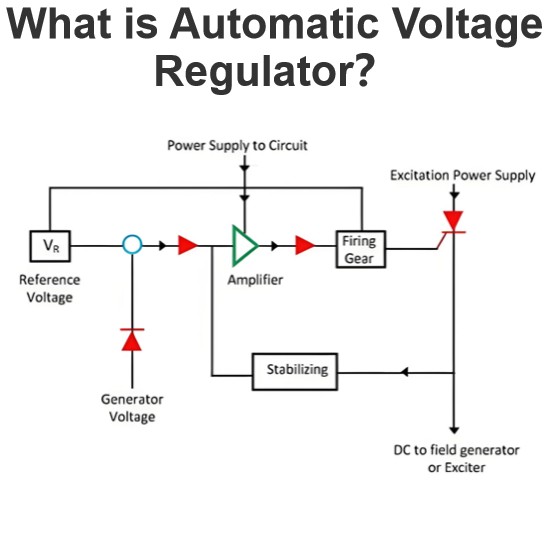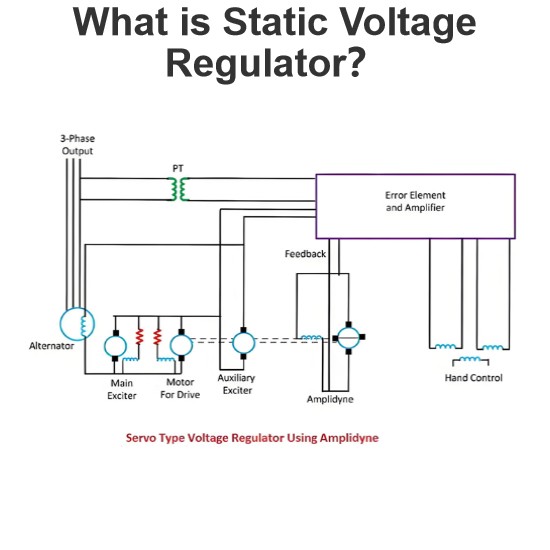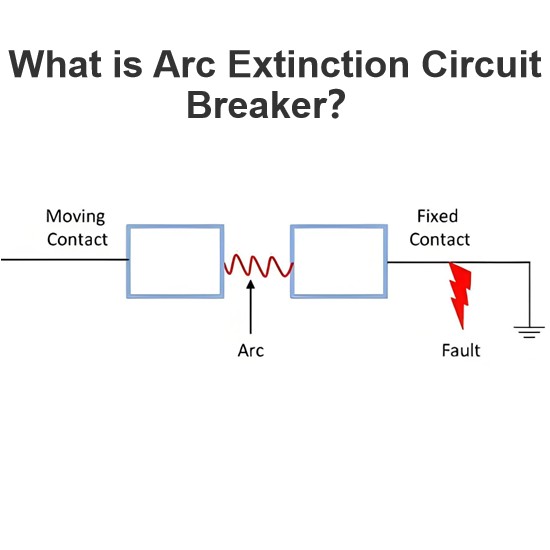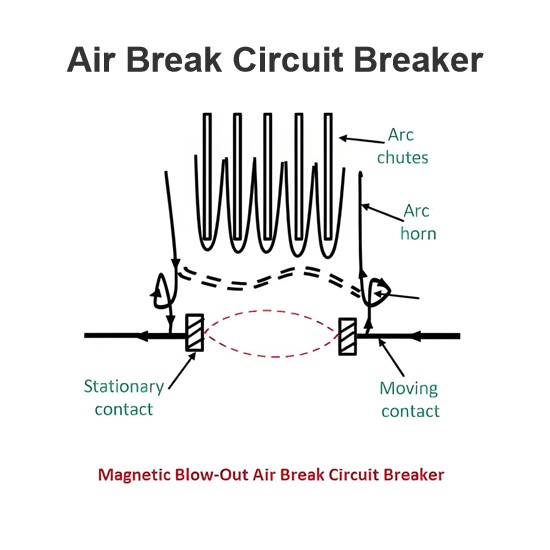What is Differential Relay?
What is Differential Relay?
Differential Relay Definition
A differential relay is defined as a device that responds to the difference between two or more similar electrical quantities, such as currents or voltages, to detect faults.
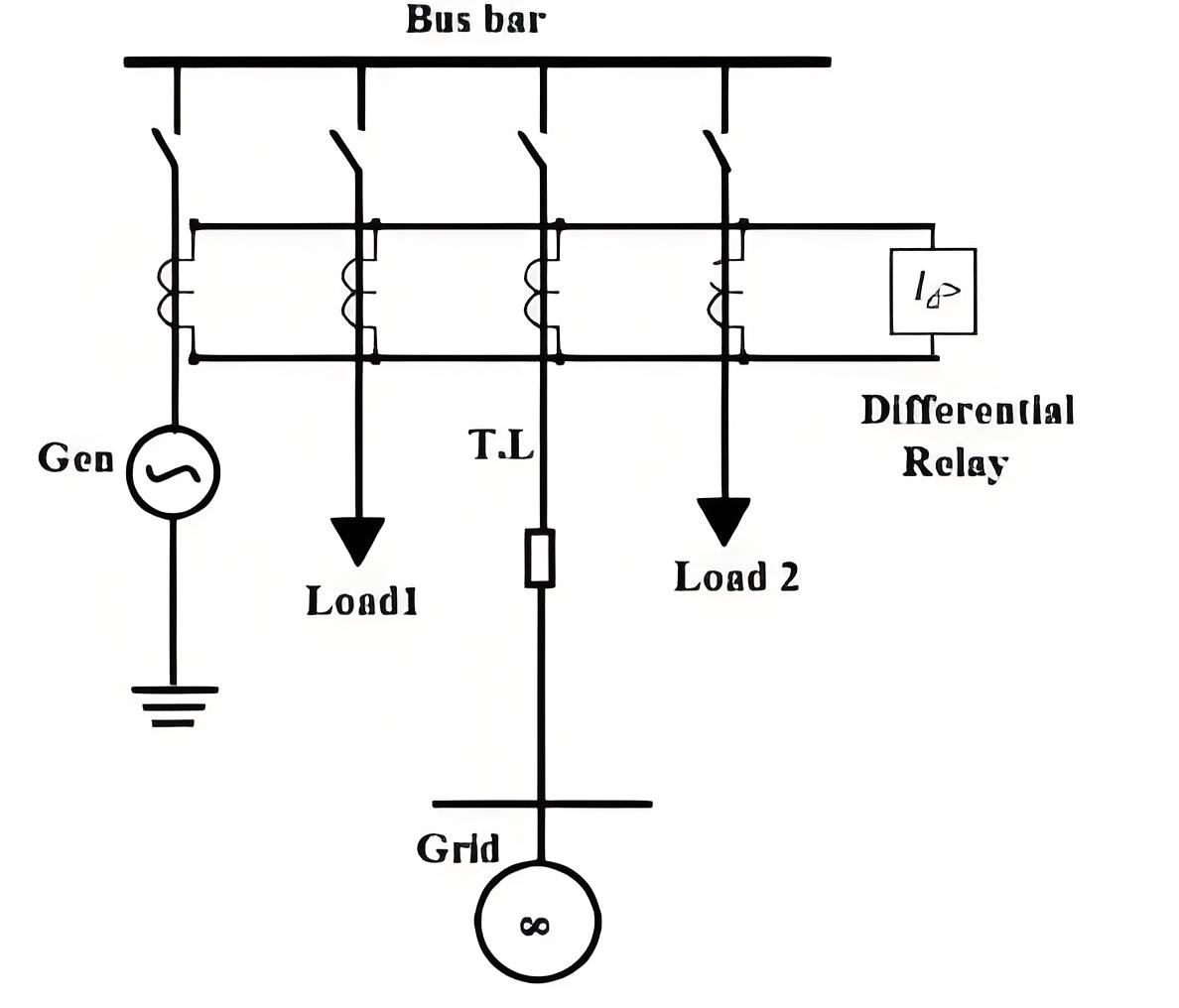
Principle of Operation
These relays activate based on discrepancies in electrical quantities within the protected zone, ensuring accurate fault detection.
Types and Configurations
Differential relays vary mainly into current and voltage balance types, each tailored for specific protective needs in power systems.
Differential Protection
Key to ensuring system reliability, differential protection prevents damage by isolating faulty components swiftly.
Technical Settings
The accurate setup of current transformers and relay settings is crucial for the effective functioning of differential relays, enhancing system stability and safety.
The Electricity Encyclopedia is dedicated to accelerating the dissemination and application of electricity knowledge and adding impetus to the development and innovation of the electricity industry.
